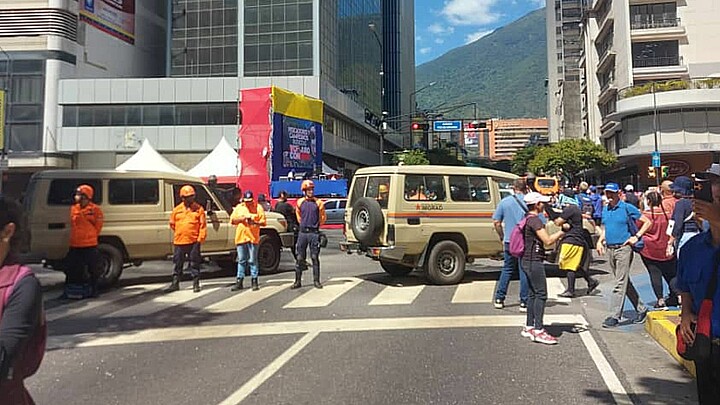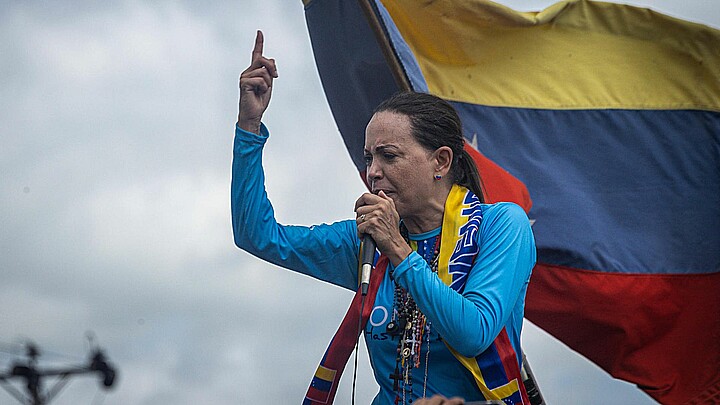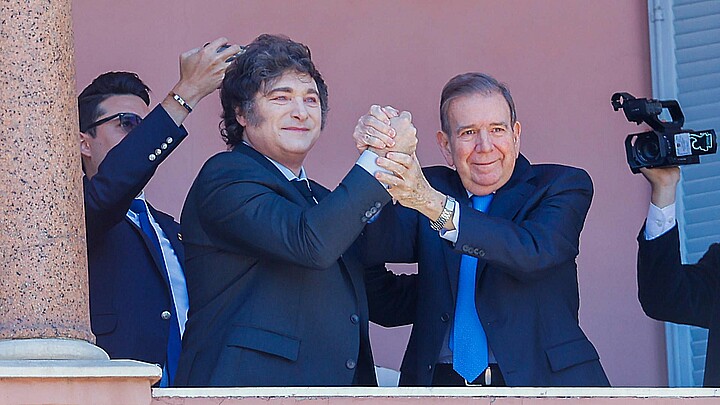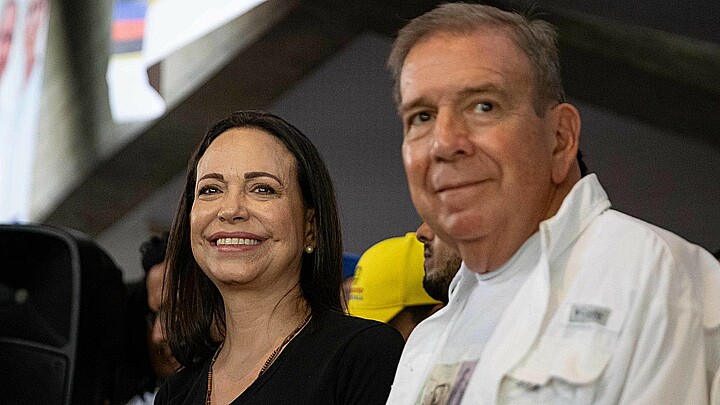Politics
Nicaragua and Venezuela top Freedom House civil liberties blacklist in 2023
The report highlights that the civil and political conditions, both in Nicaragua and Venezuela, place them among the countries where freedom is not achieved

March 20, 2024 6:52pm
Updated: March 21, 2024 8:57am
Venezuela and Nicaragua are at the top of the black list of countries with some of the highest rates of negativity in terms of civil liberties and political rights, according to a recent Feb. 29 Freedom House report.
According to the NGO report, “Freedom in the World, 2024: The Growing Damage of Poor Elections and Armed Conflict,” political and civil freedoms have decreased significantly throughout the world during the past 10 years.
“Global freedom took a huge step back in 2023. The world faces another crucial test in 2024, as billions of people head to the polls and multiple armed conflicts (including those in the Sahel, Eastern Europe, the South Caucasus and the Middle East) continue to violate people's basic rights,” said Michael J. Abramowitz, president of Freedom House, in the letter.
The report highlights that the civil and political conditions, both in Nicaragua and Venezuela, place them among the countries where freedom is not achieved.
Meanwhile, El Salvador fell among nine countries where it is partially free, while, in the case of Guatemala, there was documented observations about electoral manipulation that are contributing to the deterioration of freedoms and rights.
“The rulers attempted to control electoral competition, hinder their political opponents or prevent them from seizing power after the elections,” Freedom House noted.
In the case of Nicaragua, in the period between 2013 and 2023, the nation obtained a negative rank of -38 points, the lowest worldwide, ahead of nations such as Azerbaijan, Libya and Tanzania.
The organization highlighted the persecution against religious leaders, for which, since 2018, 18 arrests have been made, including those of two bishops and three seminarians.
In February 2023, the United States mediated with the Ortega regime for the release of 222 political prisoners, who were sent by air to the North American country.
For its part, Venezuela transcended to -23 points, preceded by non-free nations such as Burkina Faso and Sudan.
“Opposition forces organized an independent primary to find a unity candidate to face the authoritarian ruler Nicolás Maduro, in power since 2013. The Supreme Court not only prohibited the winner, María Corina Machado, from participating in the elections, but “That a court also ordered the suspension of the entire primary process, in which 2.4 million people had participated, and the authorities threatened the organizers with criminal action,” indicates Freedom House, based in Washington D.C. and with offices in nearly a dozen countries.
Countries like the United States have warned the Maduro regime that they will reconsider sanctions if they hinder the upcoming electoral process in Venezuela, scheduled for July 28, 2024.
The report also talks about “the denial of political rights and civil liberties in disputed territories”, in reference to the Essequibo between Venezuela and Guyana.
On Dec. 3, 2023, communist dictator Nicolás Maduro called a referendum in which, according to the president of the National Electoral Council (CNE), Elvis Amoroso, there was a participation of more than 10 million voters, but the National Union of Press Workers (SNTP) reported irregularities in media access to electoral coverage.
“A proliferation of authoritarian land grabs has the potential to crush the freedoms of even more people in the years to come,” the organization's analysis concludes.











